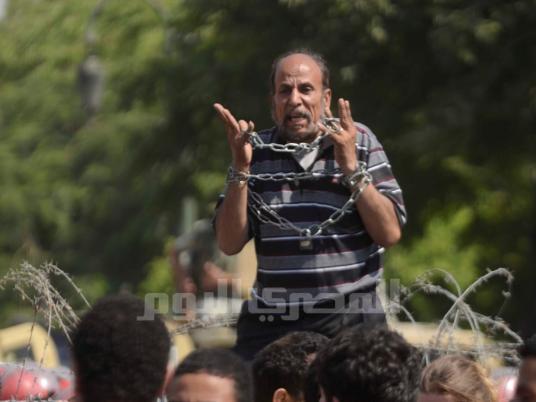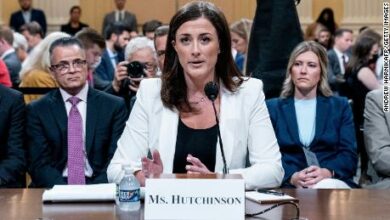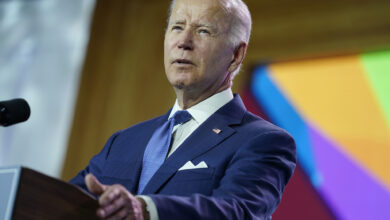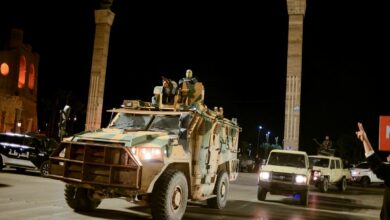
Even following the release of a first draft of the constitution, debate continues to simmer within the Constituent Assembly.
Seventeen assembly members issued a statement Tuesday announcing their disapproval of the draft and saying many articles were still subject to major amendments. They accused the drafting committee of altering the articles they originally received from the different committees. Meawhile, political forces outside the assembly have been lamenting the flaws of the current draft.
These are the issues at the heart of the debate:
Powers of the president
Many in the assembly criticize the draft for focusing power in the the presidency, similar to the power structure in the 1971 Constitution. While the draft states that the president appoints the prime minister, some say it should require that the prime minister be from the majority party.
Also under debate is a clause to force the president to step down if he puts the dismantling of Parliament to a referendum and it gets rejected. Some insist on the clause to ensure the president does not abuse his power over Parliament.
Another article giving outgoing presidents permanent membership in the Shura Council is also still in debate, as some worry this would give them immunity from prosecution for crimes committed in office. Some members are also challenging the power given to the president to form monitoring bodies such as the Central Auditing Organization, arguing that this hinders their ability to supervise the executive branch properly.
Women’s rights
Liberal Constituent Assembly members are resisting a provision in the article relating to women’s rights that says the equality between men and women is limited to what the Sharia allows.
Some liberals have suggested that the Sharia provisions are to be considered only in matters concerning personal affairs and inheritance. However, Islamists in the assembly are refusing to change the original article.
Supreme Constitutional Court
The court originally rejected the articles concerning it in the new constitution because it reduced its power and independence. However, the head of the Supreme Constitutional Court recently announced its feud with the Constituent Assembly was heading toward reconciliation after the assembly adopted some of its suggestions. But some of the court’s main grievances remain unresolved.
Its major concern is the power given to the president to appoint its members. The court also demands that it be self-regulating rather than subordinate to the judicial authority, in order to maintain complete independence.
The military judiciary
The ruling system committee is complaining that the drafting committee exchanged its detailed article regulating the work of the military judiciary with a vague one. The committee had drafted an article allowing the appeal of verdicts received in military courts in the courts of appeal, which was excluded from the draft. The debate also continues over whether the military judiciary should be listed in the constitution under the judiciary or Armed Forces section.
Local governance
The first draft of the constitution states that each local unit is represented by one council, which would include both elected and appointed members. But some Constituent Assembly members are demanding two separate councils for each unit to allow the elected council to supervise the appointed one and reserve the right for a vote of no confidence against it.
The Shura Council
While the draft states that the president appoints a quarter of Shura Council members, the ruling system committee insists that only a maximum of 10 members should be appointed in this way.
Some members also oppose another article that would make higher education a condition for Shura Council candidates. They argue this would exclude the representation of a large portion of society.
This piece appears in Egypt Independent's weekly print edition.




